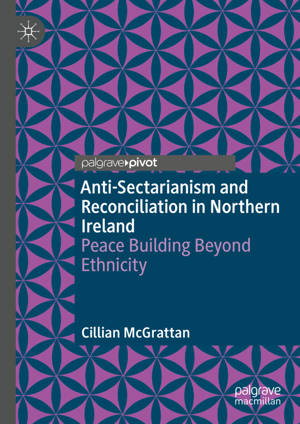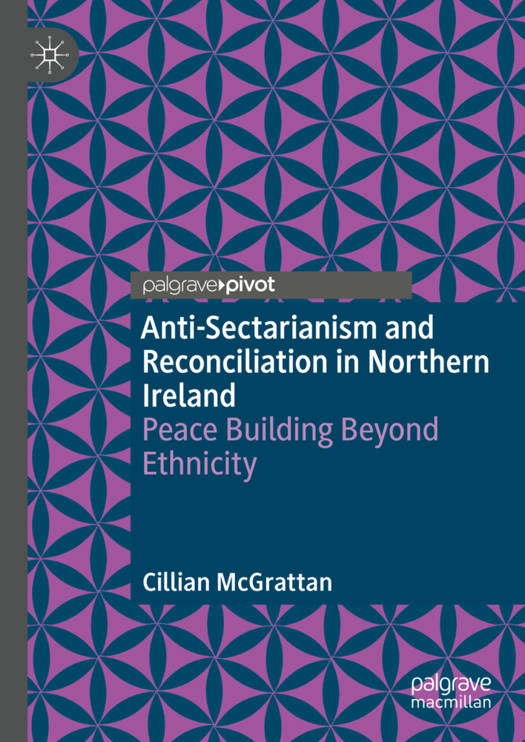
- Afhalen na 1 uur in een winkel met voorraad
- Gratis thuislevering in België vanaf € 30
- Ruim aanbod met 7 miljoen producten
- Afhalen na 1 uur in een winkel met voorraad
- Gratis thuislevering in België vanaf € 30
- Ruim aanbod met 7 miljoen producten
Anti-Sectarianism and Reconciliation in Northern Ireland
Peace Building Beyond Ethnicity
Cillian McGrattanOmschrijving
This book addresses the limitations of dominant ways of thinking about and doing politics in Northern Ireland. Arguing for the foregrounding of anti-sectarianism as a way of displacing the divisive dynamics of religion and nationalism, it provides a new lens for studying Northern Ireland. Drawing upon a close reading of the political philosophy of Jacques Rancière, the book aligns anti-sectarianism to the ways that people refuse affiliation with the traditional ethnic values and practices. It describes this refusal as dis-identification, and reveals how dissensus acts as an alternative to the displacing of equality. Returning equality and equality claims-making to a clear position of visibility, the book provides a radical rethinking of Northern Ireland a quarter century beyond the 1998 peace accord. It will appeal to all those interested in politics and peacebuilding studies.
Specificaties
Betrokkenen
- Auteur(s):
- Uitgeverij:
Inhoud
- Aantal bladzijden:
- 139
- Taal:
- Engels
Eigenschappen
- Productcode (EAN):
- 9783031587719
- Verschijningsdatum:
- 13/08/2024
- Uitvoering:
- Hardcover
- Formaat:
- Genaaid
- Afmetingen:
- 148 mm x 210 mm
- Gewicht:
- 295 g

Alleen bij Standaard Boekhandel
Beoordelingen
We publiceren alleen reviews die voldoen aan de voorwaarden voor reviews. Bekijk onze voorwaarden voor reviews.











